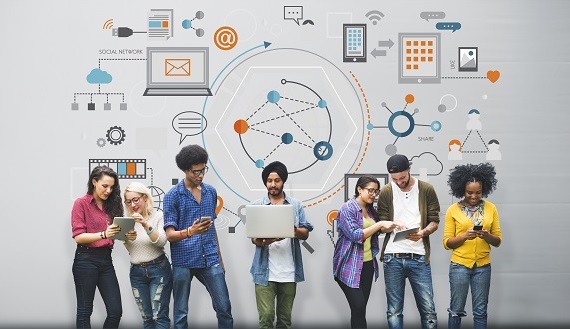OVERVIEW:
The Connected Minds Knowledge Mobilization Fund plays a crucial role in implementing the Connected Minds Knowledge Mobilization Plan. Its purpose is to support the translation of research results into action, foster sustainable relationships, and match research strengths with the needs of various stakeholders, including innovators, entrepreneurs, policymakers, community groups, and government sectors. The overall goal of these funds is to maximize the real-world impact of the Connected Minds Program, specifically with regards to potential end-users and the general public at large.
APPLICATION TYPES:
1) Event sponsorships: funding levels are typically $1,000-$5,000
Sponsoring events allows Connected Minds to actively participate in the broader community. It demonstrates a commitment to engagement beyond organizational boundaries. Connected Minds also gains visibility among a relevant audience, including potential new members, partners, and stakeholders.
2) Member initiated workshops/events (Internal or External): requests between $1,000-$10,000
Supporting member-initiated/organized events facilitates the exchange of knowledge and expertise within the organization and reaching new audiences. These events should encourage collaboration and the sharing of best practices, fostering a sense of community among members.
3) Other member-initiated knowledge mobilization activities: requests may vary depending on the event and availability of funds.
Knowledge mobilization can take many forms (e.g., artistic expression, digital storytelling, creative writing, language translation, collaborative platforms, etc.). By exploring these non-traditional knowledge mobilization practices, researchers can make their work more accessible, engaging, and impactful across diverse communities and sectors.

.
AWARD AMOUNT
Dependent on application type, request, & available funding
APPLICATION DEADLINE
Rolling basis
Click here to submit an application
Only Connected Minds members are eligible to apply
.
Last updated: 03/01/2024
